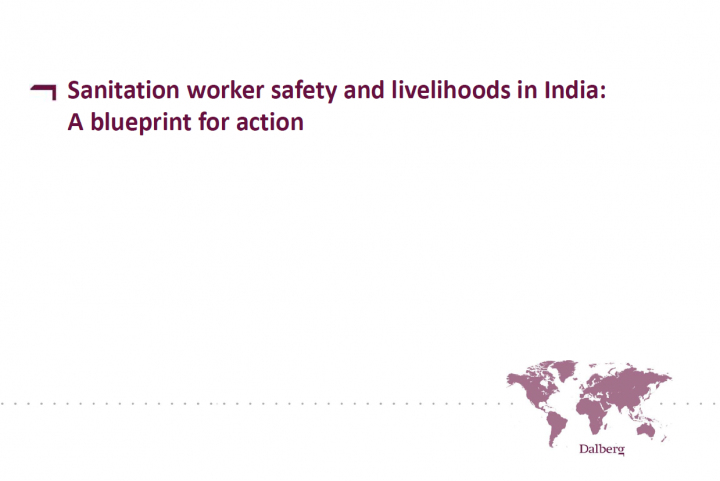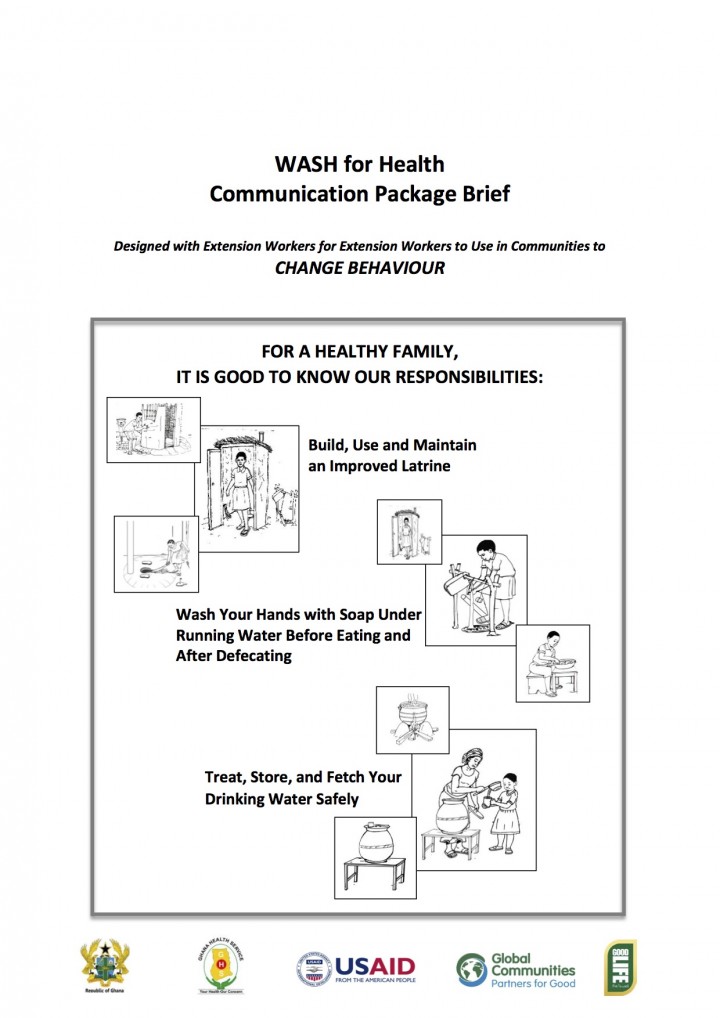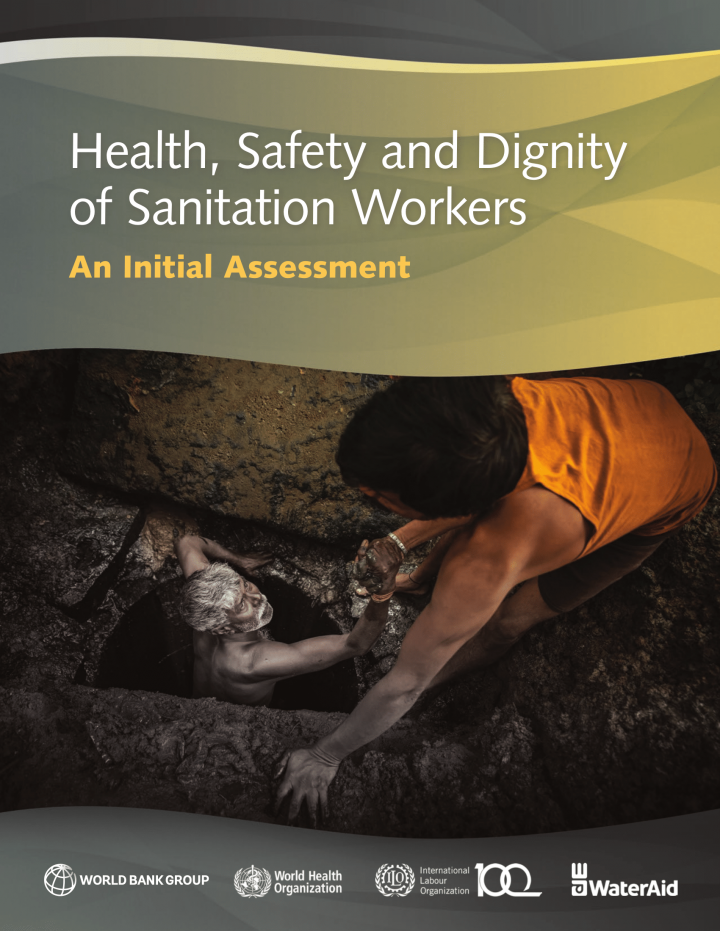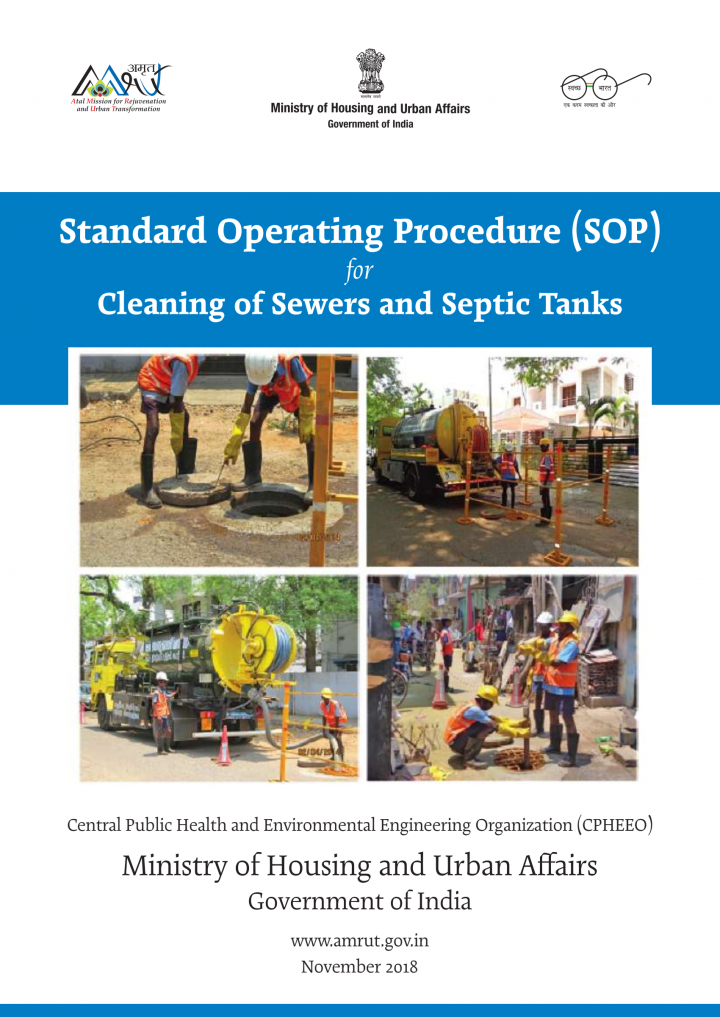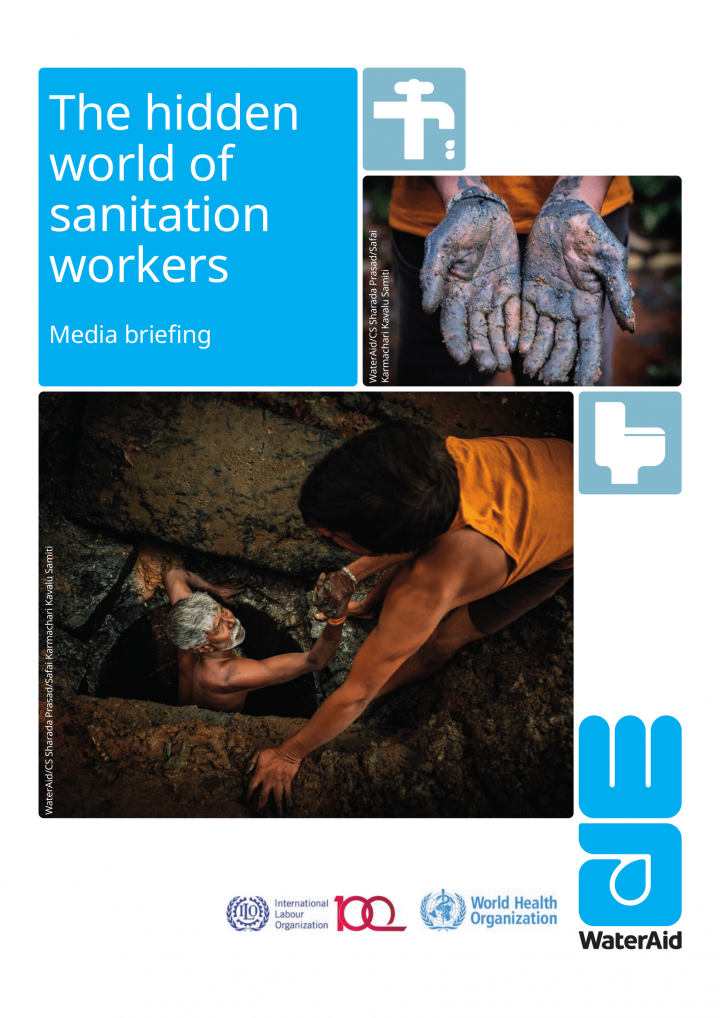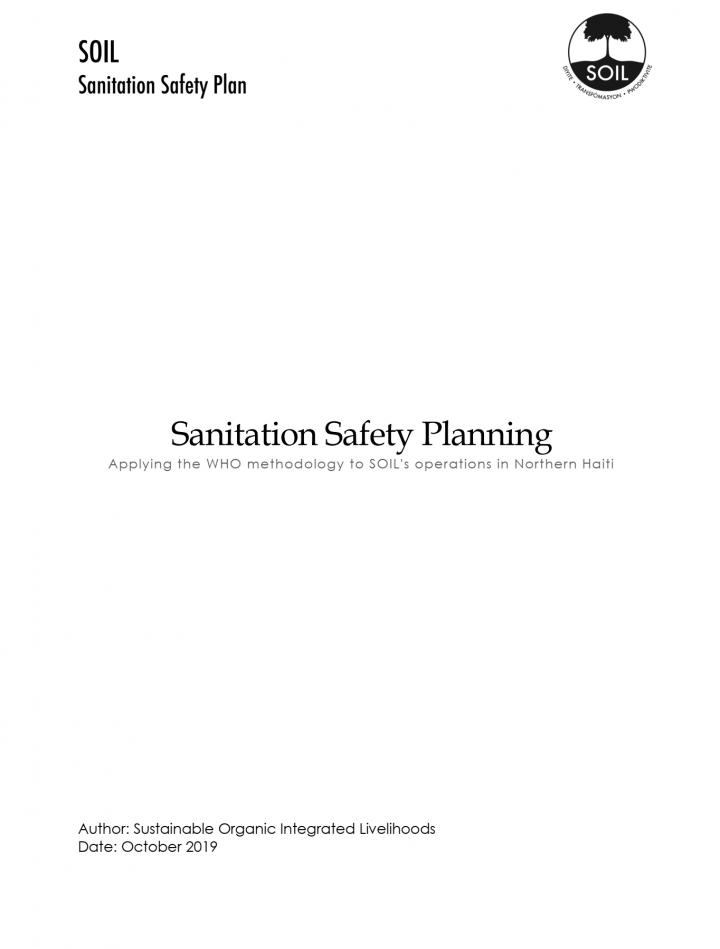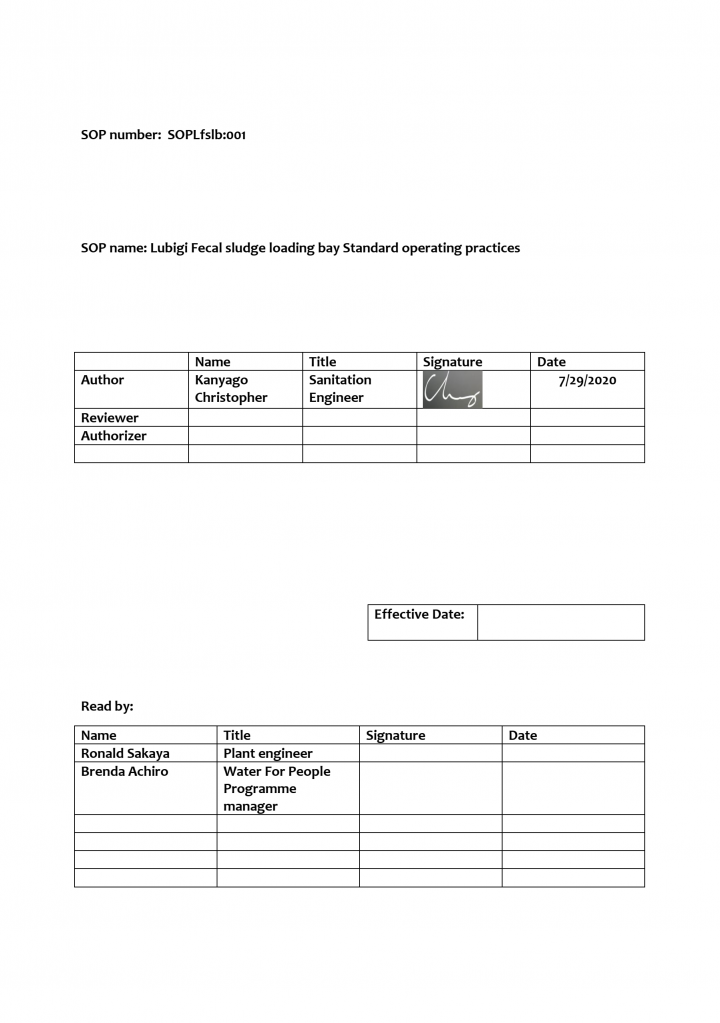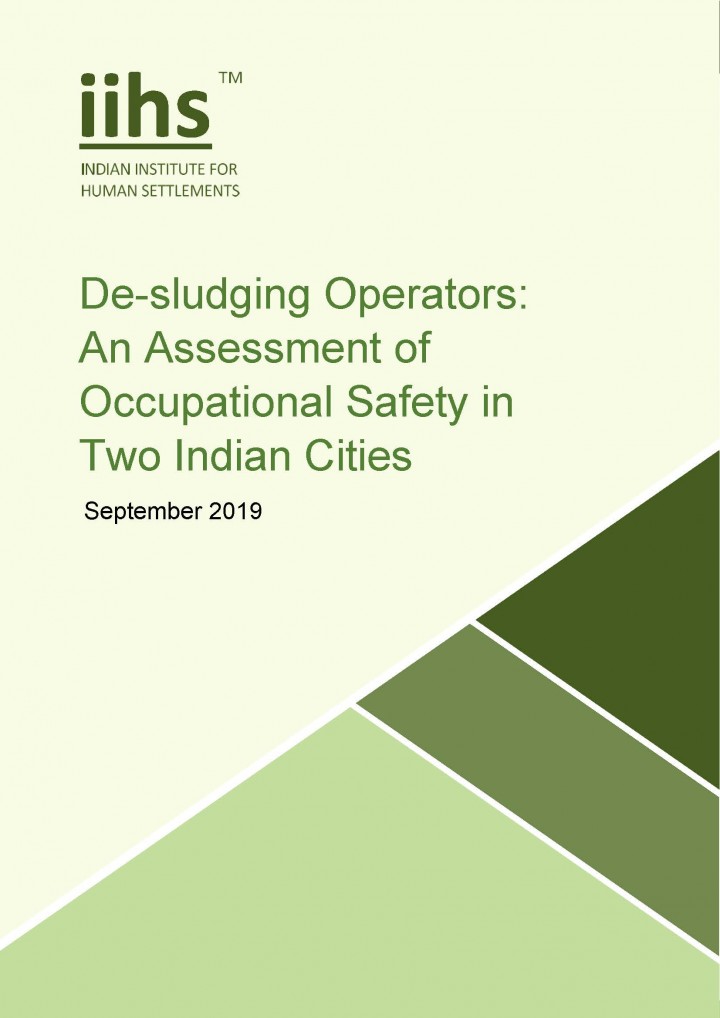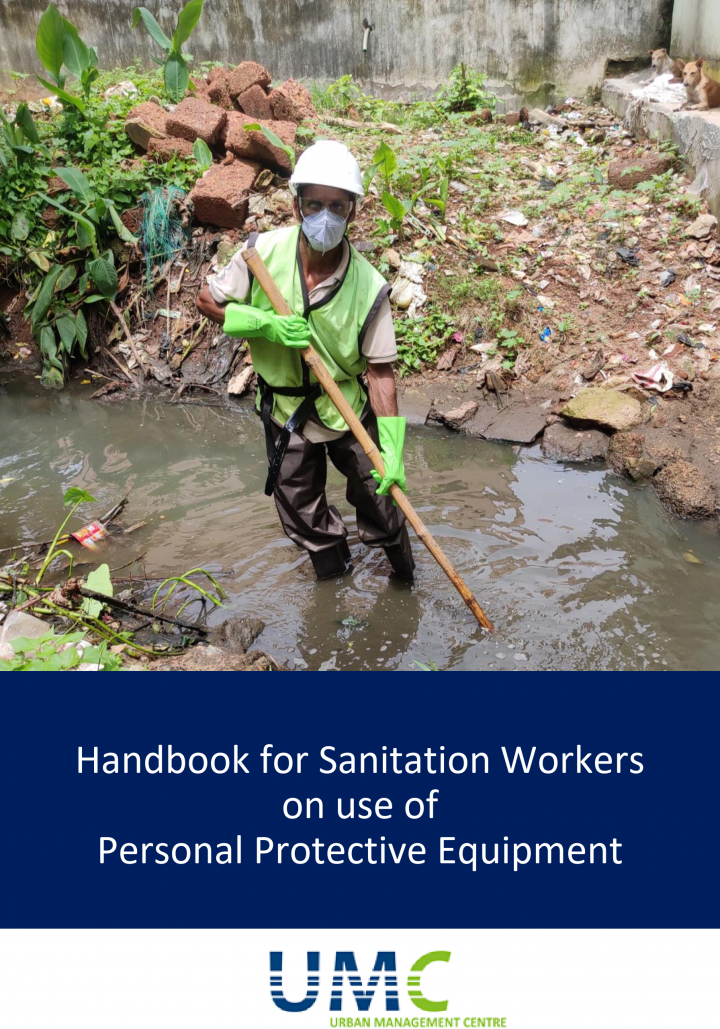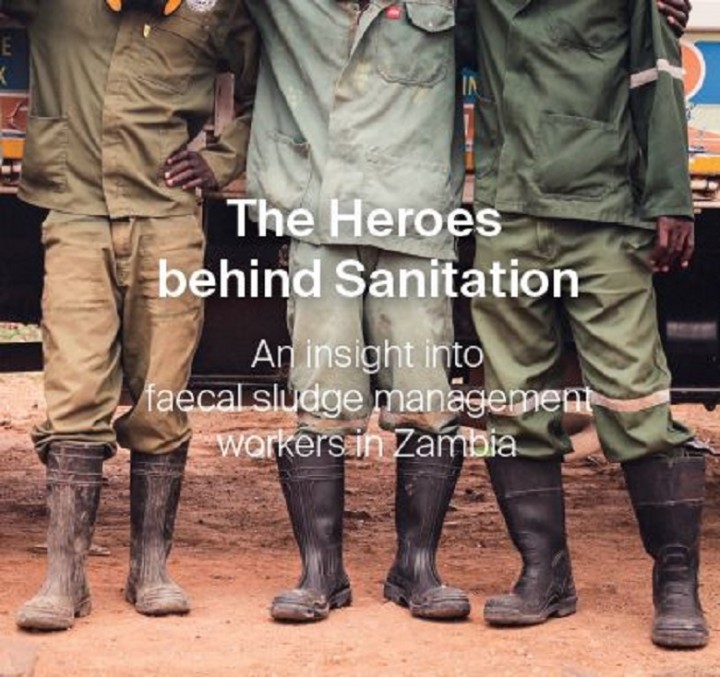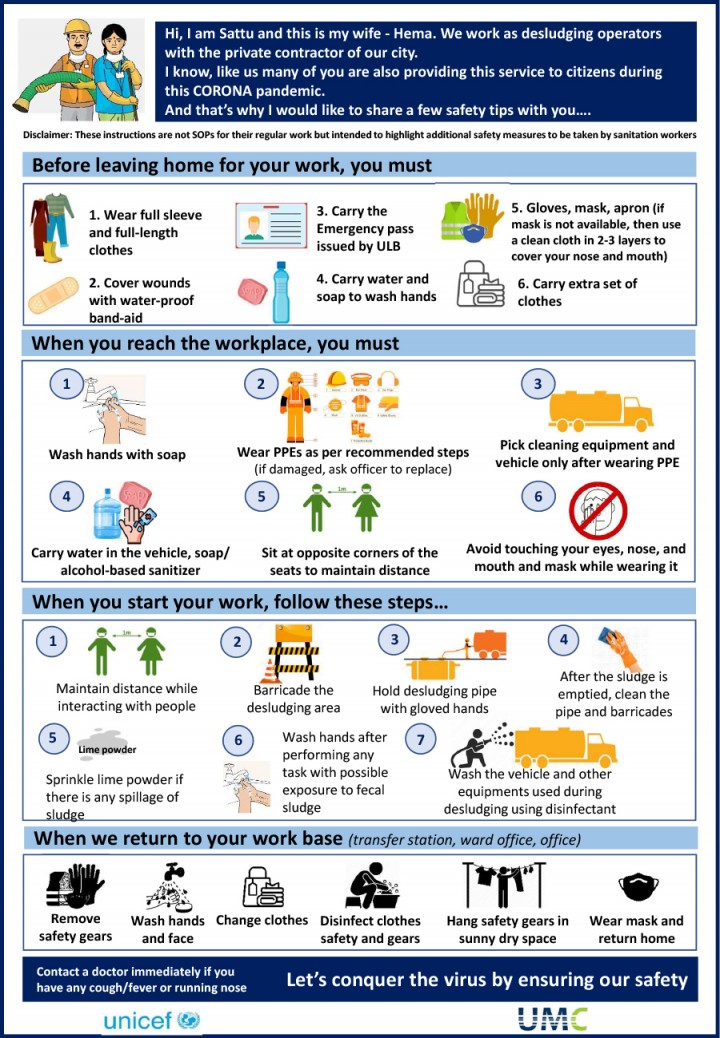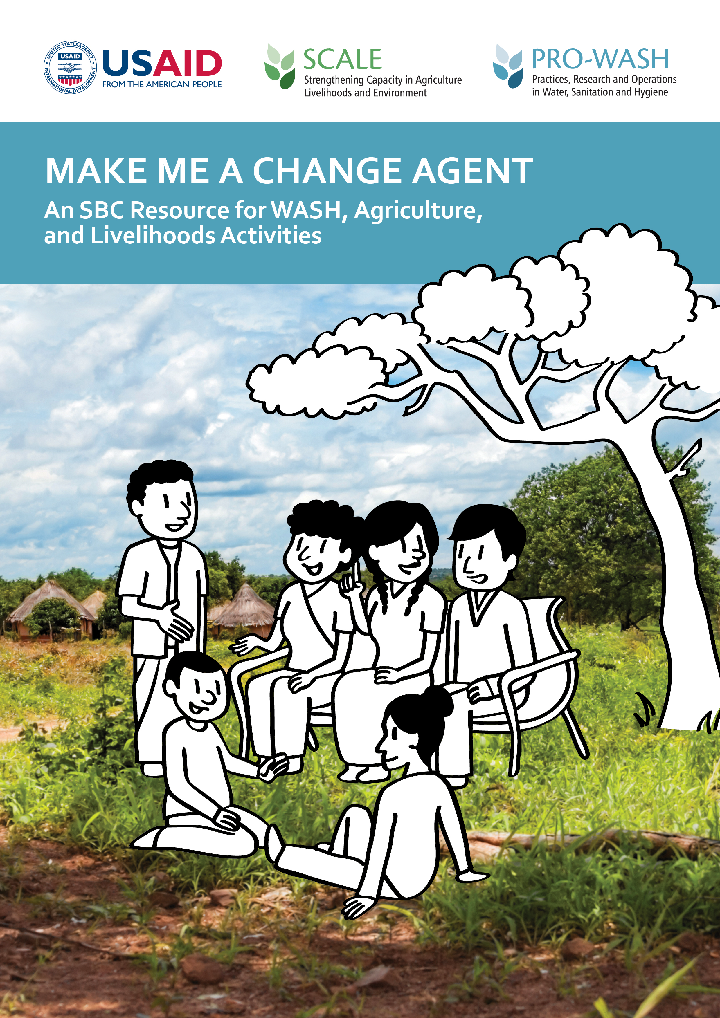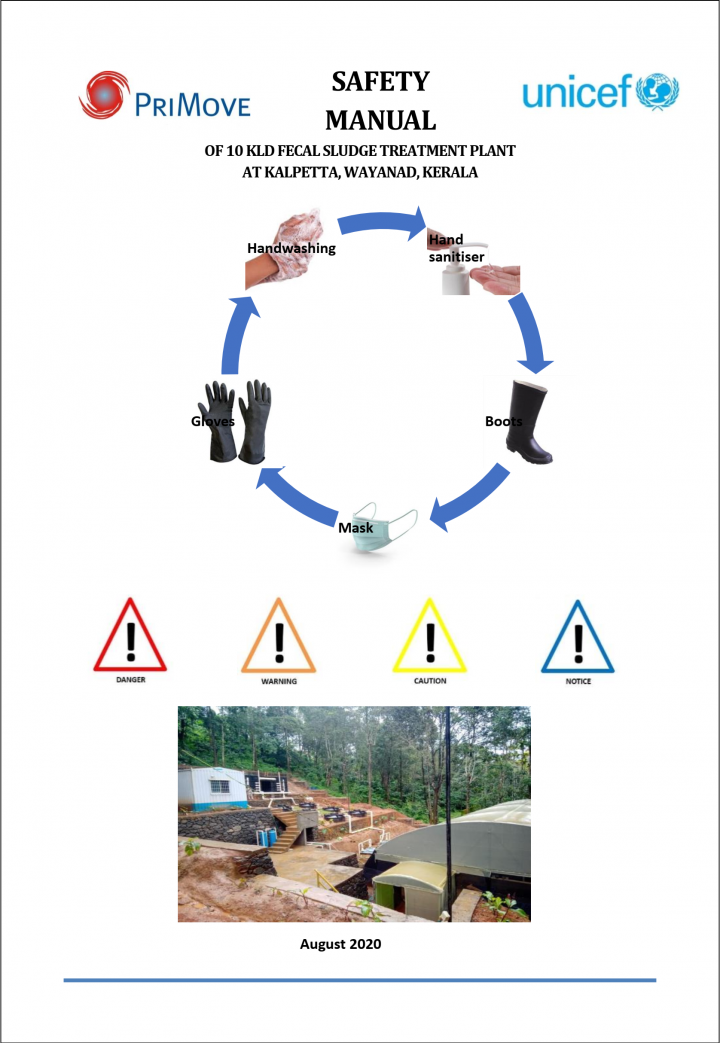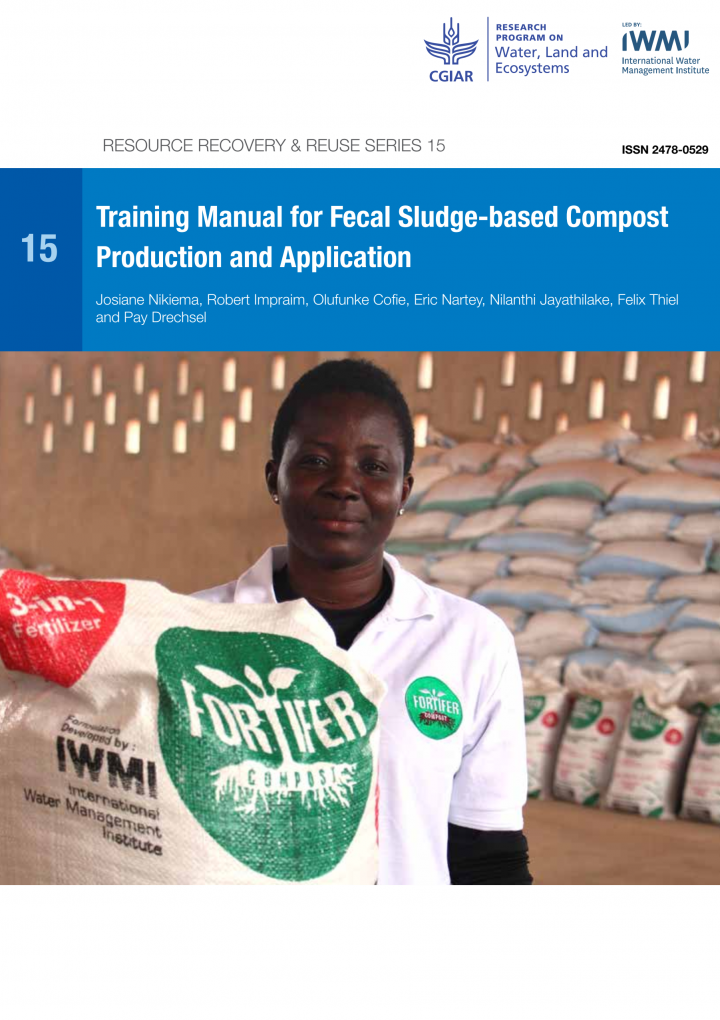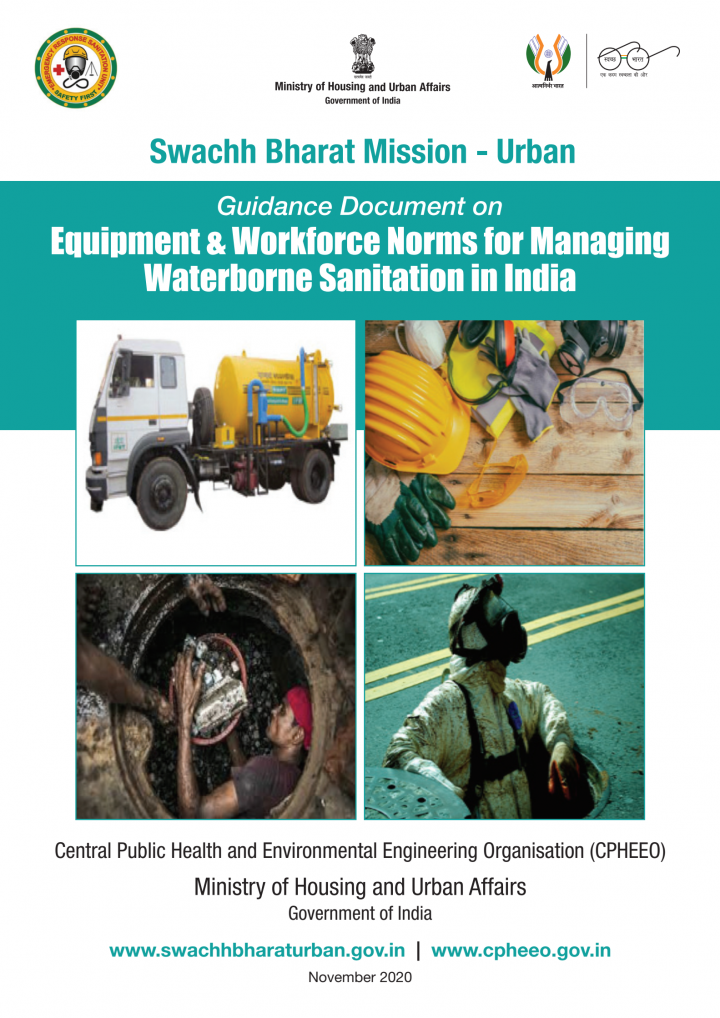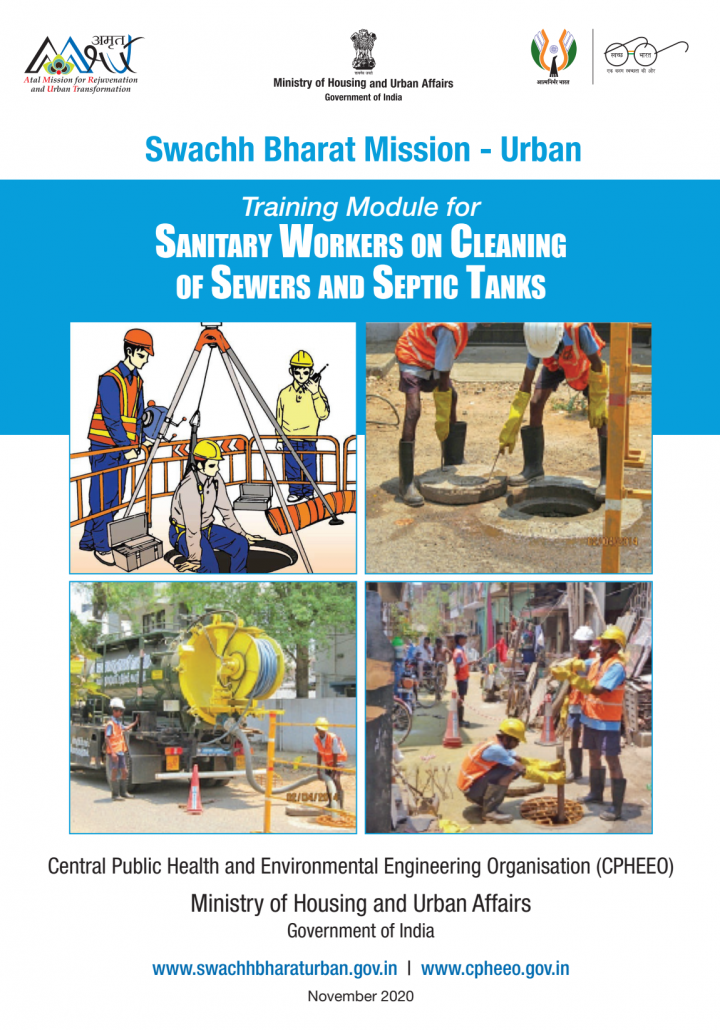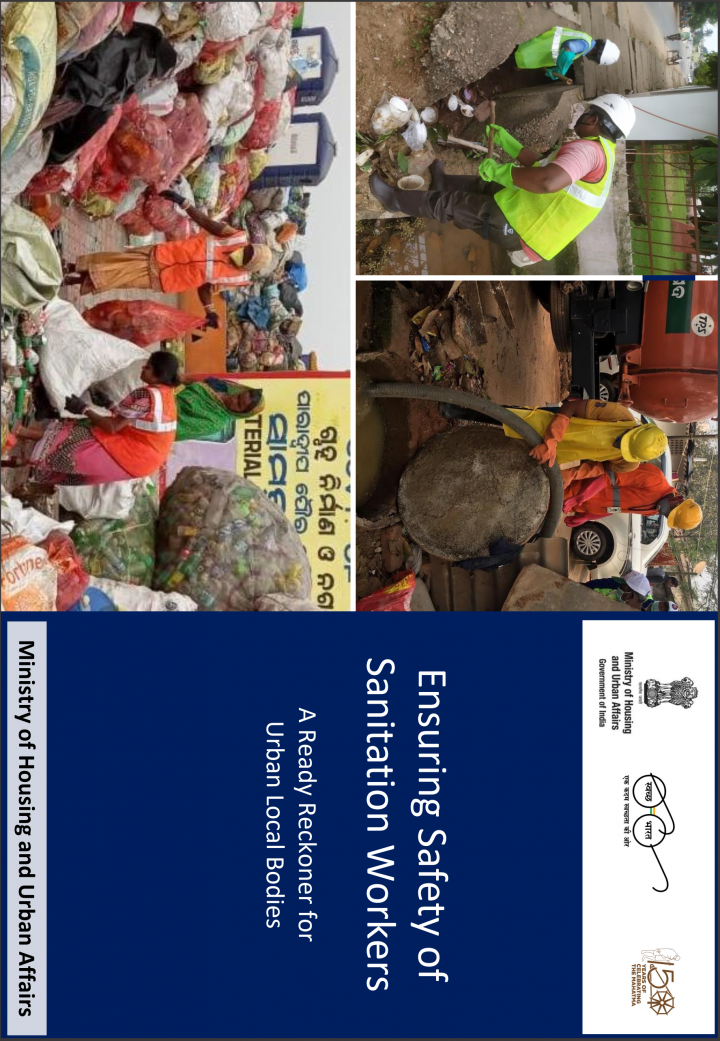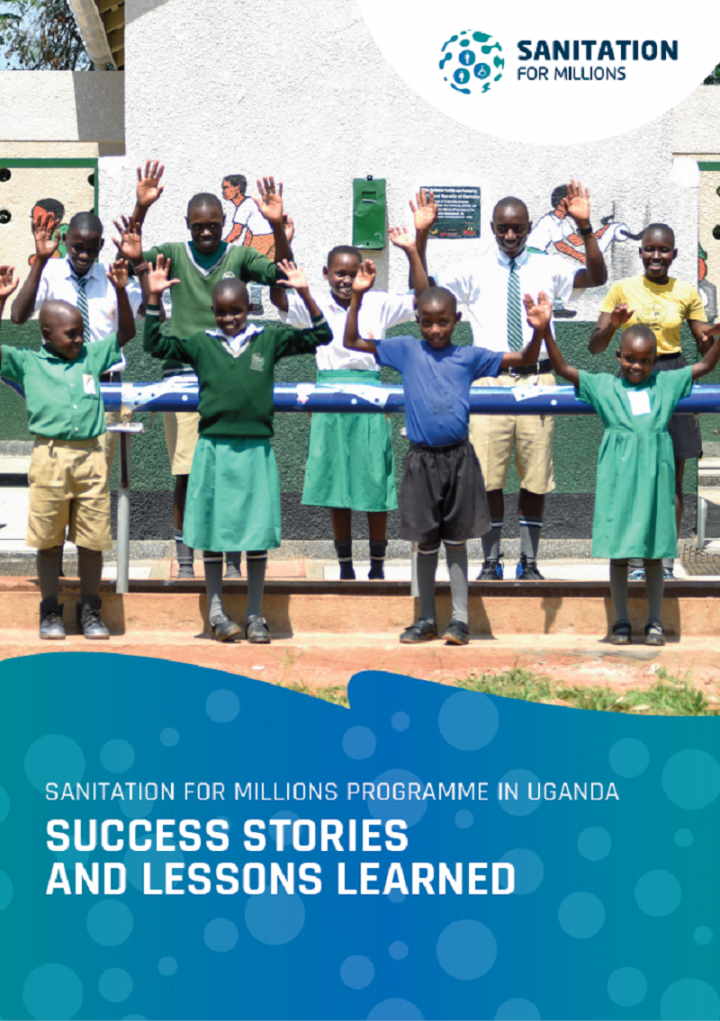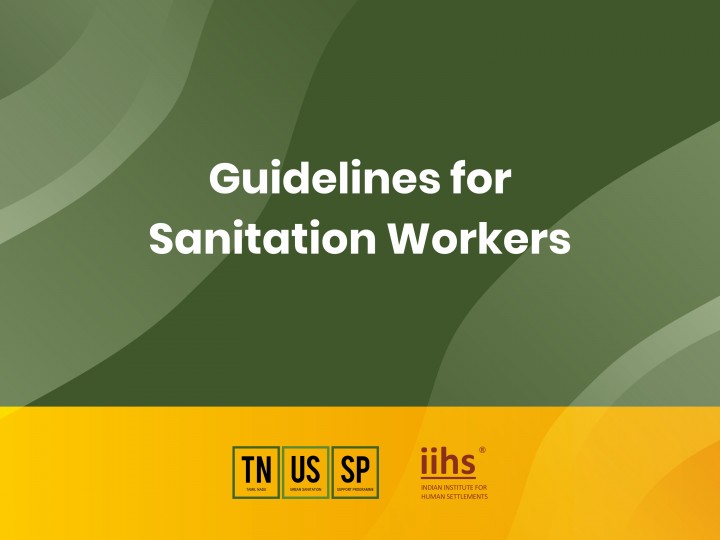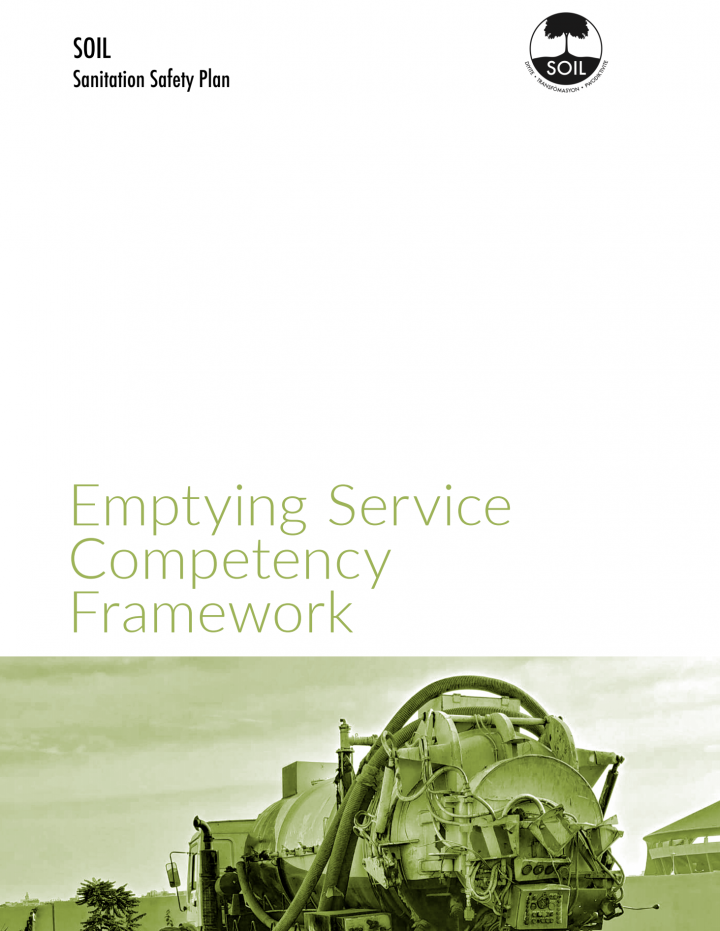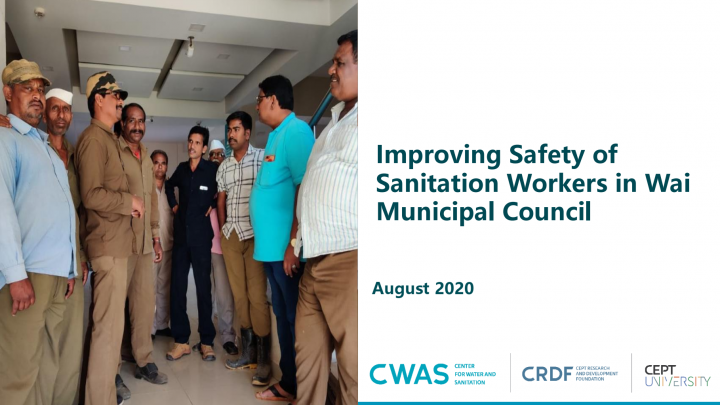Searching for information on Sanitation Workers?
The Sanitation Workers Knowledge + Learning Hub is the best source for all current news, trends, articles and updates on sanitation workers rights around the world.
The Sanitation Project
In 2017, Dalberg Advisors carried out a study of sanitation workers across India – the first of its kind – to understand the issue both from a worker perspective as well as a supply-side or institutional perspective
The Sanitation Workers Project is a structured, first-of-its-kind 5-month long study of sanitation workers across India carried out by Dalberg Advisors …
The Water, Sanitation, and Hygiene (WASH) for Health (W4H) Program has put together a comprehensive package of materials for you to use in your communication sessions. These materials have been developed to help you change WASH behaviours in your communities. The following is a list of the types of materials contained in the WASH for Health Communication Package. Materials have been developed for …
The global sanitation workforce bridges the gap between sanitation infrastructure and the provision of sanitation services. Sanitation workers provide an essential public service but often at the cost of their dignity, safety, health, and living conditions. They are some of the most vulnerable workers. They are far too often invisible, unquantified, and ostracized, and many of the challenges they …
As per the 2011 census, the share of urban population is 31.2% as against 28% of 2001 census of the total
population of the country which is expected to be 50% by 2050. This increase in population has created a
significantly enhanced demand on urban sanitation, inter alia. As per the 2011 Census, 81.4% households
have toilet facilities within their premises. Out of this, 32.7% households have …
Every year, the human race produces over 350 million tonnes of poo – that’s enough to fill 140,000 Olympic swimming pools! Unless that human waste is properly dealt with, every single gram will pose a significant health risk to us and our planet.
Ensuring that our contact with human waste ends when we leave the toilet is one of the most important jobs in society, and yet around the world …
Sanitation workers provide a fundamental public service. Yet they often face extreme health hazards and safety risks on the job. In many developing countries, they are informal workers with no legal protections or rights. With a lack of visibility in society, they can be stigmatized, marginalized and ignored.
Here are the stories of five sanitation workers in their own words.
Over the years, SOIL has developed a model to provide a safely managed sanitation service to densely populated communities in Haiti, using containerbased sanitation. The objective of such an intervention is to reduce the risks to public health and the environment that unsafe sanitation practices create, and risk-based assessment methods such as Sanitation Safety Planning are a valuable tool to …
In this library entry we have grouped together up to five documents that we think are important "first reading" materials for anyone wishing to obtain a quick overview of this topic. For more details, please see the external links to the discussion forum below.
The documents listed in this library entry in reverse chronological order already exist as individual library entries but have been …
Faecal Sludge Plants (FSPs) require ongoing and appropriate operation and maintenance (O&M) activities in order to ensure long-term functionality. O&M activities are at the interface of the technical, administrative, and institutional frameworks that enable sustained FSPs function. “Operationdz refers to all the activities that are required to ensure that a FSP delivers services as designed, …
The Compendium is available in English and Arabic. It covers the following topics:
(A) Decentralized Wastewater Management in the light of Adaptation to Climate Change
(B) Domestic Wastewater Reuse in the Context of Decentralized Wastewater Management in Jordan for Climate Change Adaptation
(C) Business Models for Decentralized Wastewater Management in Jordan
(D) Social acceptance as a …
Safe collection, handling and transport of fecal sludge is an integral part of septage management. Limited attention has been paid to the safe collection, transport, disposal and treatment of human excreta from septic tanks. A study was conducted in two cities in India to understand the current desludging practices, the underlying reasons for current occupational practices and hazards, relevance …
• You, as a sanitation worker, are exposed to occupational health and safety hazards. The work involves risk of coming in contact with hazardous biological and chemical agents
• PPEs are a crucial barrier between you and disease-causing agents at the work site
• It has been observed that the usage of PPEs is low. Fellow sanitation workers of yours have shared major reasons for this- …
The sanitation workforce provides an essential public service to all. They clean and empty pit latrines, septic tanks, sewers and other sanitation systems, transport faecal sludge, remove contaminants from the sludge and process the sludge for disposal or reuse. Constantly exposed to faecal microorganisms, hazardous waste and harsh chemicals, sanitation workers are susceptible to several …
Make Me a Change Agent: An SBC Resource for WASH, Agriculture, and Livelihoods Activities is an adapted version of the Make Me a Change Agent: A Multisectoral SBC Resource for Community Workers and Field Staff guide (produced in 2015 under The TOPS Program) and was co-created by the USAID Office of Food for Peace (FFP)-funded SCALE and PRO-WASH awards.
This adapted Make Me a Change Agent …
This Manual is needed for the technical persons to be trained as Operators and helpers at the FSTP site at Waynad. It contains Technical Guidelines for carrying out the works. A series of manuals are made, Operation and maintenance manual and Operator Instruction manual are the others.
This Health and Safety Rulebook is presented for the use of all employees of the Faecal Sludge Treatment plant …
Fecal sludge (FS) from on-site sanitation systems has to be well composted to reduce its pathogenic risk for reuse in agriculture, forestry or landscaping. Over the last decade, the International Water Management Institute (IWMI) has explored the use of FS in combination with other organic waste sources to optimize the FS treatment and composting or co-composting process for the production of a …
This Guidance Document on Equipment & Workforce Norms for Managing Waterborne Sanitation in India
is prepared keeping in view the Safai-mitra Suraksha Challenge, 2021.
All sanitary structures like sewer and septic tanks which manage sewage are susceptible to getting choked at some point of time due to ingress and settling of solids and require regular cleaning or maintenance. Cleaning of sewer …
• Prohibition of Employment as Manual Scavengers and their Rehabilitation Act 2013 bans hazardous cleaning of sewer/ septic tanks.
• Definition: Hazardous cleaning by an employee, in relation to a sewer or septic tank, means its manual cleaning by such employee without the employer fulfilling his obligations to provide protective gear and other cleaning devices and ensuring observance of …
Sanitation workers have been the foundation of the sanitation improvement story of urban India.
Sanitation sector and various services provided under it are hazardous in nature — some are moderately hazardous while many of them are extremely hazardous. The working environment puts sanitation workers to a wide range of health risks and diseases due to exposure to harmful pathogens, chemicals …
Sanitation for Millions is a global multi-donor programme to improve access to safe sanitation and hygiene with a focus on vulnerable and disadvantaged groups. More than one million people in 14 countries have already benefitted directly from Sanitation for Millions’ measures that include the construction of sanitary facilities, capacity development to ensure adequate use, operation and …
Sanitation has been declared one of the essential services during the COVID-19 crisis. Sanitation workers are an integral part of sanitation service delivery and TNUSSP team has been engaging with them with the objective of improving their safety, health and welfare. In response to the current public health crisis, TNUSSP has developed a set of guidelines for different categories of sanitation …
This competency framework is designed to be a tool for emptying service providers, and the capacity development organizations that work with them, to understand the knowledge, skills, and abilities required to deliver a high-quality service.
This competency framework can be used by:
1. Emptiers and capacity development organizations to structure professional development activities for …
In 2018, Wai was chosen as one of the eight cities across the globe for the City Wide Inclusive Sanitation Program (CWIS) funded by Bill & Melinda Gates Foundation (BMGF). The municipal council of Wai (WMC) with support from Center of Water and Sanitation (CWAS), CRDF, CEPT University (CEPT) is aiming to implement the CWIS goals
and principles in Wai.
Under the CWIS framework, one of the …

